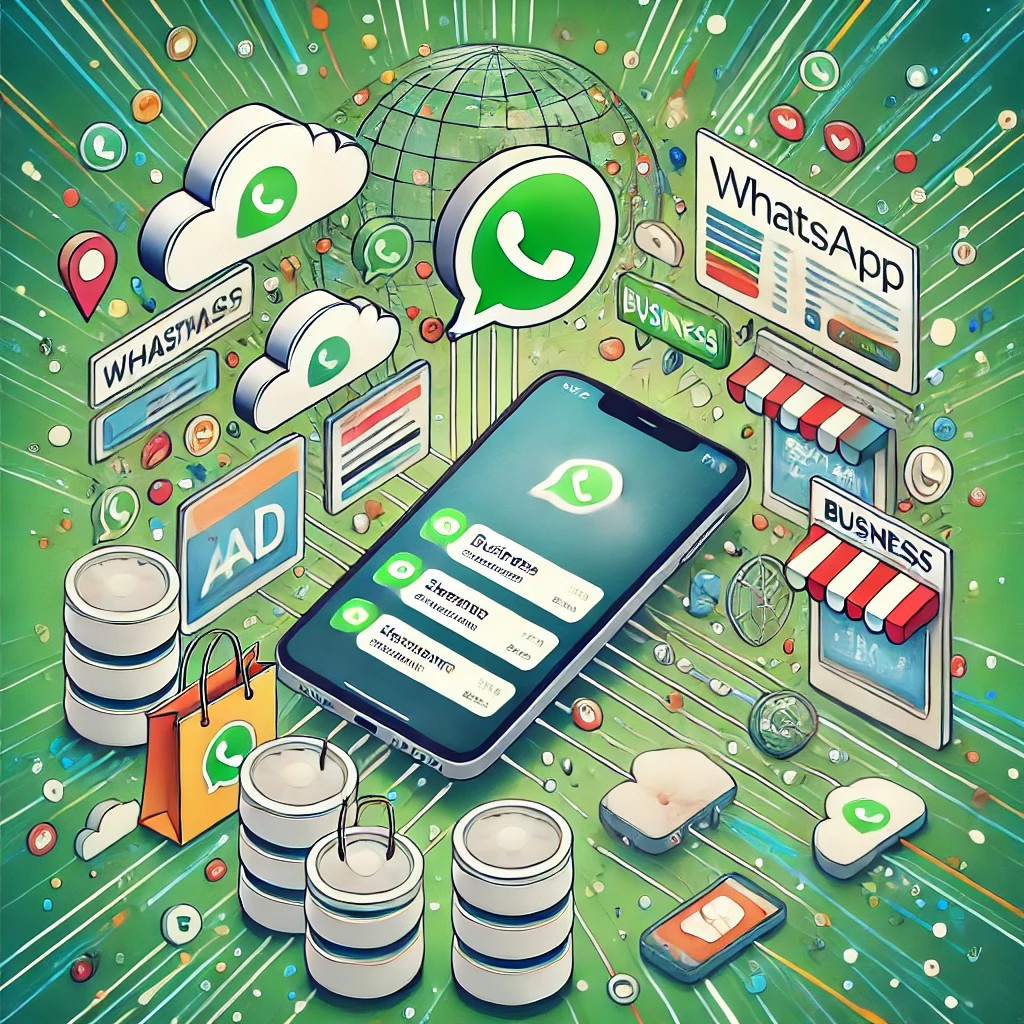I’ve sent more than 100 messages on WhatsApp in the past 24 hours. Except that most of them were mundane—family planning meetings, quick chats with colleagues, and catching up with friends. Outwards, WhatsApp made sure that even my most mundane messages remained private, but behind the scenes, such messaging could only be possible through the power of some of the most powerful servers spread around the world.
Running this sophisticated operation is not cheap. For me, and others messaging after I noticed, I paid nothing for using WhatsApp. With nearly 3 billion active users worldwide, the question arises: How does WhatsApp make money?

The Backbone of WhatsApp: Meta’s Ecosystem
Meta, the tech giant also owning Facebook and Instagram, is the platform running the application WhatsApp. Except for free personal accounts like mine, WhatsApp makes up for revenue by essentially marketing to businesses that are willing to pay them for access to their massive user base.
Business Messaging: The Revenue Driver
Free WhatsApp channels have been available for companies since last year to send updates to subscribers. But then again, with WhatsApp, business opt to pay for its premium features to communicate directly with customer such as product, service or even making payments.
For example, users in Bengaluru, India, can now book bus tickets and select their seats over WhatsApp. With this business – oriented model companies can reduce customer interaction outside of the app, thus improving user experience.
Nikila Srinivasan, Vice President of Business Messaging at Meta, says WhatsApp wants to enable businesses to make everything work effortlessly in chat threads, from ticket purchases to refunds. Contributing billions of dollars to Meta’s revenue, these premium services and features are what bring the company.
Click-to-Chat Ads: A Game-Changer
Click-to-Chat Ads are another major revenue stream for us. Facebook or Instagram business creates ads on behalf of which users are redirected to WhatsApp. Such an ad opens a new WhatsApp chat at the point when a user clicks on it. This rather trivial feature alone brings billions to Meta.
How other messaging apps make money
Without corporate revenue, WhatsApp would face a tough go of it, but other messaging platforms have been less reliant on the revenue stream.
Signal: Privacy with Donations
Signal, is a nonprofit messaging app built on a model of operating strictly through donations and focusing on privacy. Signal is backed by $50 million from a 2018 donation by WhatsApp co founder Brian Acton, and does not take investor funding, running instead on user contributions.
Discord: Premium Memberships
For gamers, Discord, which provides free messaging, is paid through marketing memberships such as Discord Nitro. Users with premium features like high quality video streaming and custom emojis will be able to access them for $9.99 per month.
Snapchat: Ads and Subscriptions
Snapchat mixes models of advertising and subscription. The platform also makes money off premium services, and even sells products like augmented reality glasses, “Snapchat Spectacles,” and boasts 11 million paid subscribers as of August. As of today the company earns in excess of $4 billion each year with advertisements still being its primary source of income.
Element: A platform for Enhanced Security Communications in the Enterprise
Element is a secure messaging solution provider based out of UK and targets governments and large organizations. However, with Element’s technology, client’s host and control servers. Yet the company is already close to profitability, relatively speaking.
The Cost of Free Apps
Unlike apps like WhatsApp, Snapchat or Discord that claim encryption and anonymity, they still collect user data to improve their service or to serve ads. “It’s a fair position we take, if you’re using a free service, you are the product,” says Matthew Hodgson, co founder of Element.
While free messaging platforms can run free messaging service since they closely following user behavior and use this data for advertising purposes.
Final Thoughts
One of the reasons behind the success of WhatsApp is their capability to monetize their huge user base without needing to bill individuals. The platform has changed the paradigm of revenue generation from free apps, from empowering businesses with advanced tools to leveraging click to chat ads. Competitive messaging apps blaze new trails as they evolve new models to remain sustainable, delivering to a broad set of user needs.
In the digital age, the real question remains: What are we trading our data for in return for convenience?